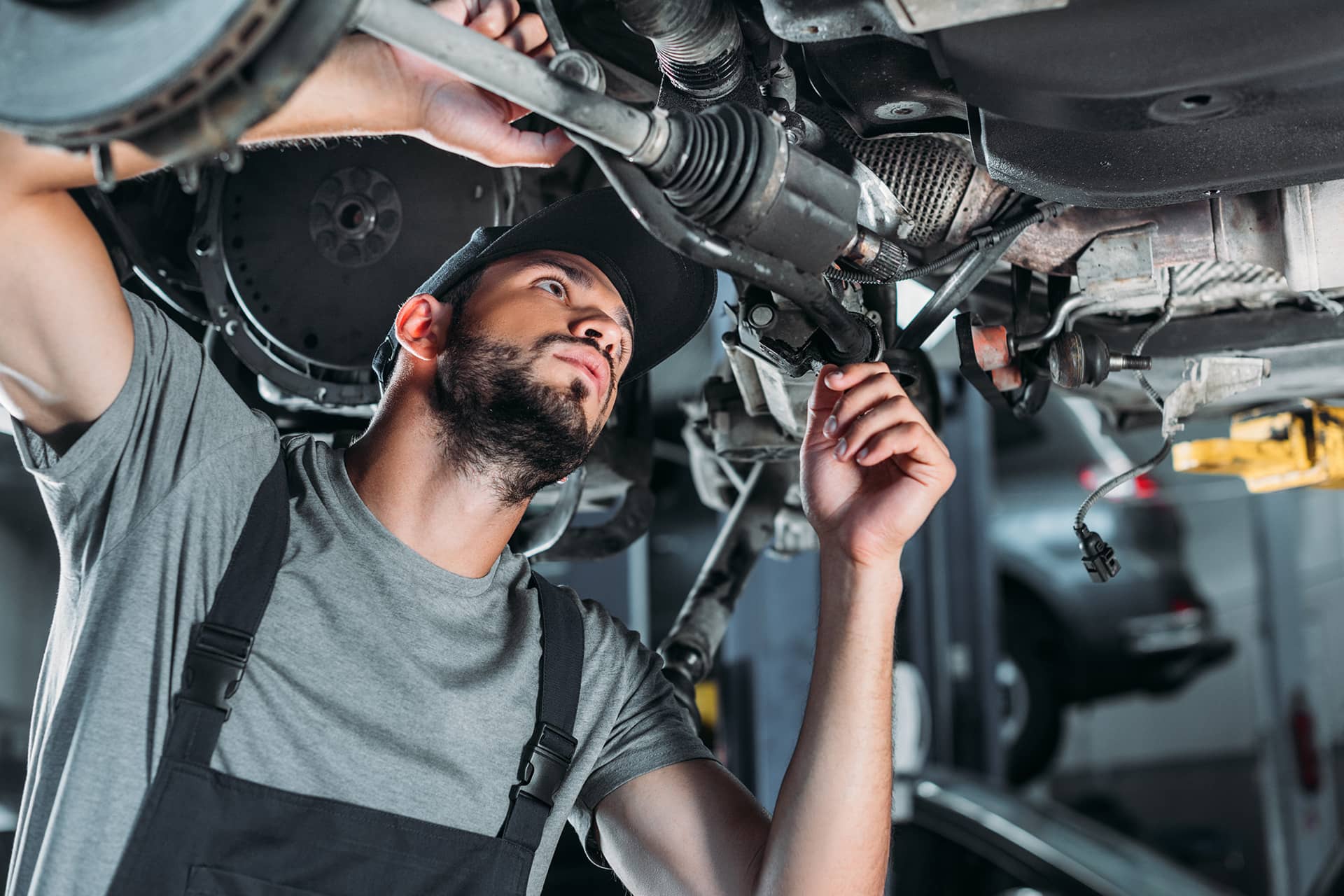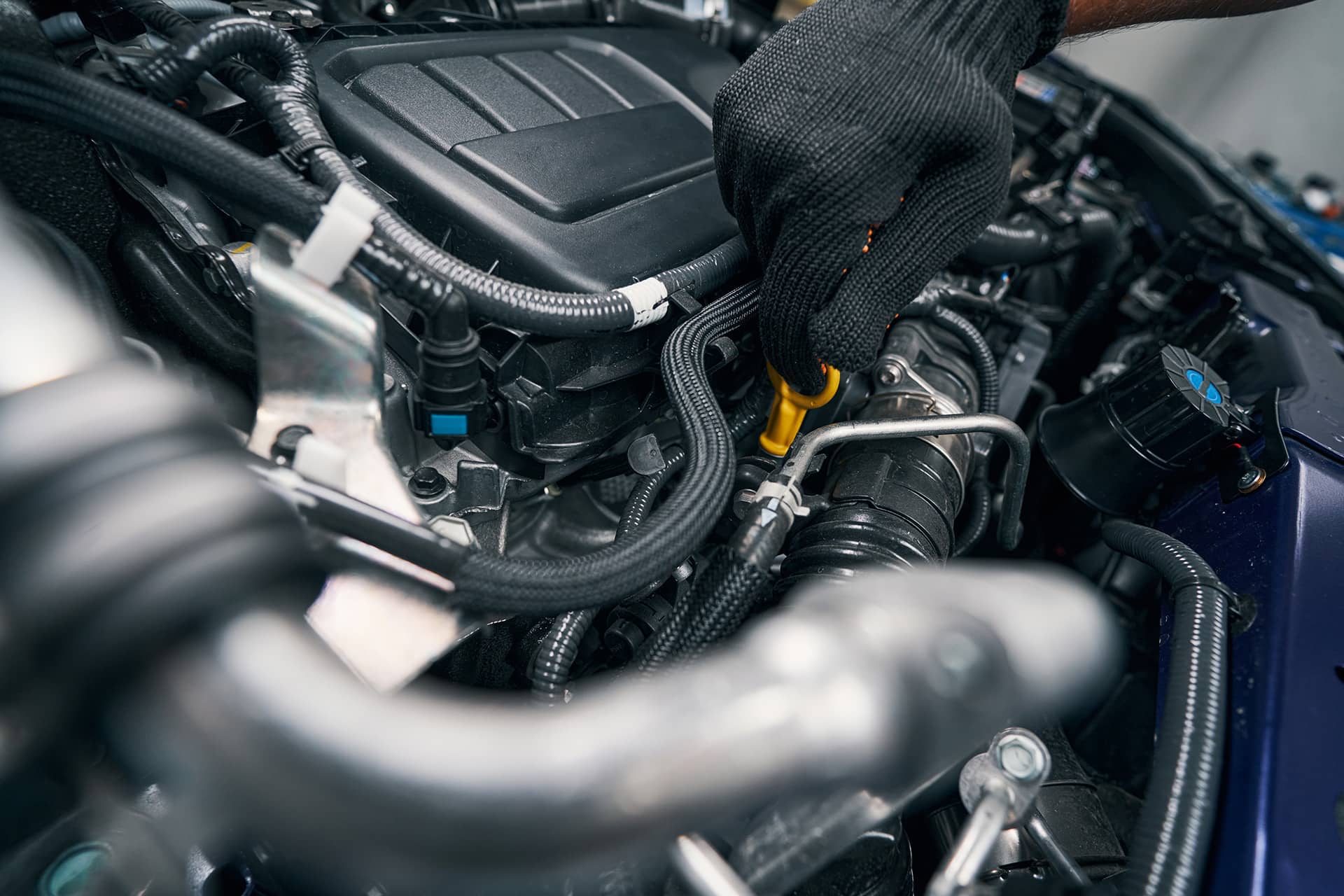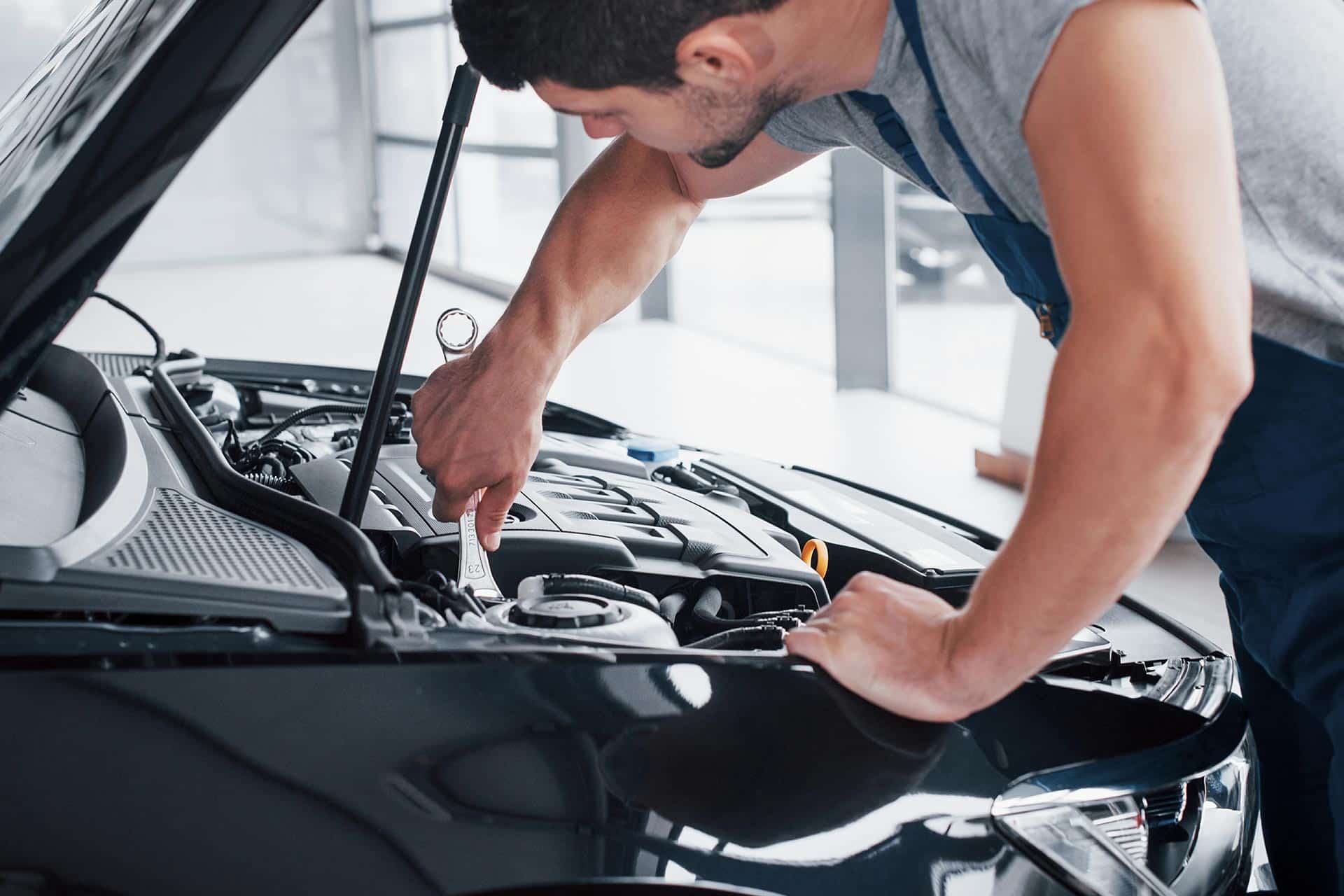Understanding Check Engine Lights: Decoding Your Vehicle’s Messages
The dreaded check engine light—it’s a signal that something isn’t quite right under the hood of your vehicle. But what does it mean? Understanding the importance of check engine diagnostics and repair is crucial for maintaining your vehicle’s performance and reliability.
Why Does the Check Engine Light Come On?
The check engine light can illuminate for a variety of reasons, ranging from minor issues to more serious problems. Some common reasons include:
- Loose Gas Cap: Surprisingly, a loose or damaged gas cap can trigger the check engine light. This is one of the simplest issues to resolve.
- Oxygen Sensor Malfunction: The oxygen sensor monitors the oxygen levels in your vehicle’s exhaust system. A malfunctioning sensor can lead to reduced fuel efficiency and increased emissions.
- Catalytic Converter Issues: A failing catalytic converter can trigger the check engine light and may lead to decreased engine performance and increased emissions.
- Spark Plug Problems: Worn or fouled spark plugs can cause misfires, which can trigger the check engine light and lead to reduced engine performance.
- Mass Airflow Sensor Failure: The mass airflow sensor measures the amount of air entering the engine. A malfunctioning sensor can lead to poor engine performance and reduced fuel efficiency.
The Importance of Check Engine Diagnostics
Ignoring the check engine light can lead to more significant problems down the road. Here’s why check engine diagnostics and repair are essential:
- Early Detection of Problems: Check engine diagnostics allow technicians to identify issues early on, preventing them from developing into more severe and costly problems.
- Improved Performance: Addressing issues identified by check engine diagnostics can improve your vehicle’s performance, fuel efficiency, and emissions.
- Preventative Maintenance: Regular check engine diagnostics and repair can help prevent unexpected breakdowns and prolong the lifespan of your vehicle.
- Emissions Compliance: A properly functioning engine reduces harmful emissions, helping you stay compliant with emissions regulations and reducing your carbon footprint.
- Peace of Mind: Knowing that your vehicle is running smoothly and efficiently gives you peace of mind on the road, whether you’re commuting to work or embarking on a road trip.
The Check Engine Repair Process
The check engine diagnostics and repair process typically involves the following steps:
- Diagnostic Scan: A diagnostic scan tool is used to retrieve trouble codes stored in your vehicle’s onboard computer. These codes provide valuable information about the underlying issue triggering the check engine light.
- Troubleshooting: Once the trouble codes are retrieved, technicians perform further diagnostics to pinpoint the exact cause of the problem. This may involve visual inspections, component testing, and other diagnostic procedures.
- Repair Recommendations: Based on the diagnostic findings, technicians recommend the necessary repairs or replacements to address the underlying issue and reset the check engine light.
- Repair Execution: Once approved, technicians perform the recommended repairs or replacements using high-quality parts and industry-standard procedures.
- Verification Testing: After completing the repairs, technicians perform verification testing to ensure that the issue has been resolved and the check engine light is no longer illuminated.
Choosing the Right Professionals for Check Engine Diagnostics and Repair
When it comes to check engine diagnostics and repair, choosing the right professionals is essential. Here’s what to look for:
- Experience: Look for technicians with extensive experience in diagnosing and repairing check engine issues.
- Certifications: Choose a repair shop that employs ASE-certified technicians who have undergone rigorous training and testing.
- Diagnostic Tools: Ensure that the repair shop has access to advanced diagnostic tools and equipment to accurately diagnose check engine issues.
- Transparent Pricing: Opt for a repair shop that provides transparent pricing and upfront estimates for check engine diagnostics and repair services.
- Customer Reviews: Check online reviews and testimonials to gauge the reputation and reliability of the repair shop.
Check engine diagnostics and repair play a crucial role in maintaining your vehicle’s performance, efficiency, and reliability. By addressing check engine issues promptly and entrusting the job to experienced professionals, you can keep your vehicle running smoothly and enjoy peace of mind on the road. Don’t ignore the check engine light—schedule a diagnostic scan with a reputable repair shop today and unlock your vehicle’s full potential.



